 Karolina Bielawska, the filmmaker of the documentary “Call Me Marianna,” showcased her film in the annual Polish Film Festival that took place last month in Chicago.
Karolina Bielawska, the filmmaker of the documentary “Call Me Marianna,” showcased her film in the annual Polish Film Festival that took place last month in Chicago.
The film is about Marianna, a transgender woman who sues her parents to obtain a sex reassignment and spotlights the sacrifices a transgender person has to make to be his or her true self.
The film shows how Poland’s laws make this journey even more difficult.
As Marianna transitions from male to female, she is abandoned by her relatives, who are unwilling to accept her changing gender.
“It was hard to convince her at first [to make the film], because she wants to be normal and accepted. But she also realized she needed to tell her story,” Bielawska said.
“Call Me Marianna” has won multiple awards and will be showcased in more festivals across the world. It was also shown in the 2015 Chicago International Film Festival.
Since 1989 the Polish Film Festival has showcased and promoted over 1,800 European films in Chicago.
The Polish Film Festival, a 17-day long festival, is a not-for-profit organization founded by Christopher Kamyszew. It’s also the largest Polish cinema showcase in America.
“Most screenings are completely packed or sold out,” Kamyszew said.
Kamyszew started directing films in Chicago after moving to the United States. He was a graduate of theater school in Poland and attended Columbia College Chicago.
Kamyszew founded the festival 27 years ago after the fall of communism in Poland. Kamyszew said he organized the festival to bring unknown middle-age filmmakers recognition in America.
Some of these filmmakers, such as Jan Kacznarek, went on to win Academy Awards for their work.
The festival gathers Polish Americans as well as Americans descended from other nations together to watch films in Polish with English subtitles.
“The Polish cinema is the best it can offer,” Kamyszew said. “I wanted American audiences to witness this.”
The audience consists of all ages and is about 50-60 percent Polish Americans and 40 percent Americans of other nationalities, Kamyszew said.
Over 600 film professionals have participated in the film festival since its debut in 1989.
The festival has received awards from two of Poland’s presidents, along with the City of Chicago Award, the Genius Award and multiple others.
A student at the Art Institute of Chicago, Katie Parkerson, attended the screening of “Call Me Marianna” for her class and because the topic — LGBTQ rights and activism — appealed to her.
“I like exhibitions of artists’ work done with no money,” Parkerson said.
The Polish Film Festival helps with production and finances of some of the films and also distribution throughout North America.
“We don’t have to get a large profit. We do it because others cannot,” Kamyszew said.

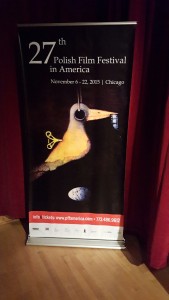
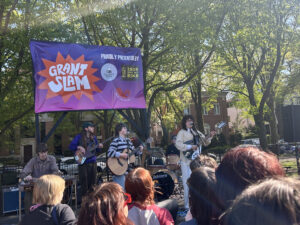



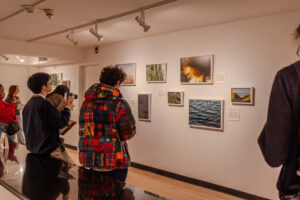





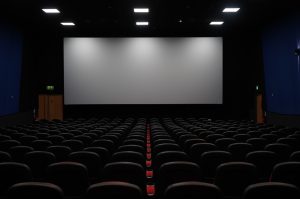
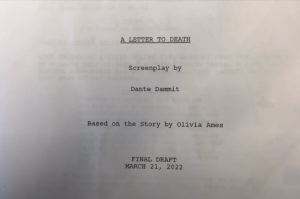


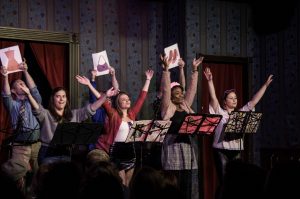
Be First to Comment